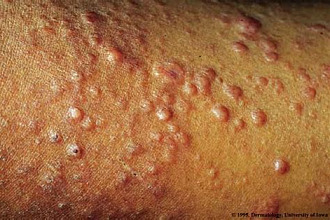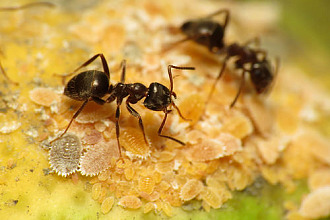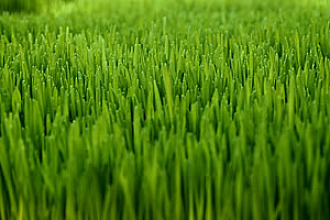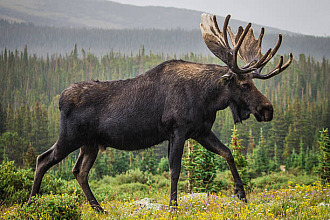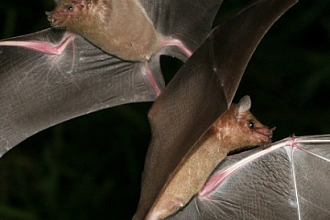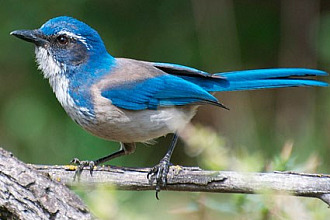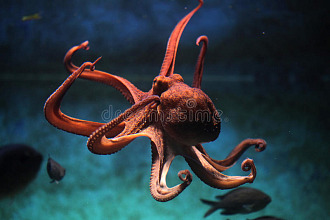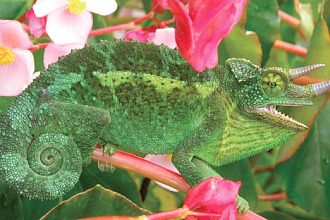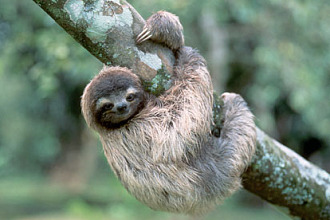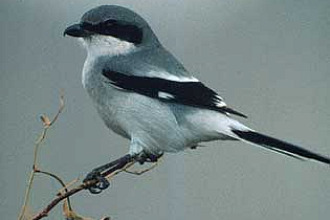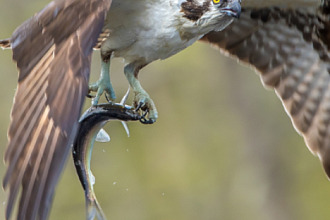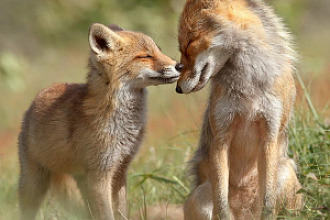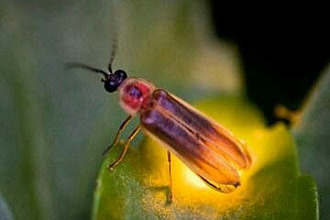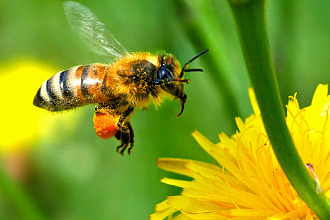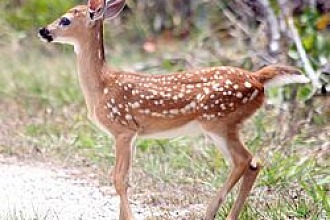The name "Lovebird" is an excellent brief description of colorful, pint-size parrots that make affectionate and happy pets—If they have companionship! (Have you noticed how some humans seem to need companionship more than others?) For the Lovebird—life is to be shared. If you really don't have time to spend with these birds that crave closeness, then don't bring one alone into your life as a pet: get a pair. It's not by accident these birds will be life-long companions! They were created for that bond, and you'll have two happy campers at your house instead of just one!
These little parrots are mature when they're about a year old (they live for 10 to 15 years), and then you may be able to tell which one is female and which is male. The female, not by accident, will start tearing up paper and stuffing it into her feathers. (As the family nest builder that's how she carries supplies to the nest site.) Meanwhile, the male may begin regurgitating his food for you. (Don't worry, he's not sick. He's just practicing feeding his female companion—which is his Creator-designed assignment during the three+ weeks that she sits on the eggs.) And if you're watching to see how soon the babies will hatch—you'll notice each little chick will poke a tiny hole in its shell 12 to 14 hours before it comes out. During those last hours in the shell, the baby begins to breathe oxygen. Not by accident, its Maker has programmed it to be prepared to live on its own in a new environment! Incidentally, the nourishment the Creator gave the mother bird to give the delicate babies for their first feedings is wiser than some human parents give their babies! The first food Mama Lovebird gives her chicks is a clear liquid containing digestive enzymes! Later parental regurgitated food includes more solids. Afterwards the father teaches the chicks to eat regular food. It's God-planned so those baby birds get proper not-by-accident attention!
Of the nine species of Lovebirds, the peach-faced is the one most commonly found in the United States. But let's ponder the name "Lovebird" a moment. "Love" is taken from the Greek word "agape" which in Scripture referred to God's kind of love. We wonder how that form of love got into a label for a bird! Perhaps one answer can be found in an often-seen behavior of these cheerful little birds. It's one that does bring a God-like agape love attribute to mind: it's the way the bird, when paired with another or simply with the human with whom it bonds, will spend long periods of time just sitting beside its bonded companion. Where one is found, the other obviously wants to be. We remember that God's name Immanuel, (which was announced at His coming to this earth the first time), was explained as meaning, "God with us." We are reminded of how God wants to be with us, and said Himself, "/ will never leave you nor forsake you!" So we humans who may be lonely can know the agape love of our dear Savior who wants to be with us! He is our companion—right beside us—bonded to us with real agape, far stronger than human, OR that "agape" of the little Lovebird!
"NOT BY ACCIDENT" (c) Juanita Kretschmar is used by permission and was first published in the book "Not By Accident 3 page 22-23

_medium.jpg)



